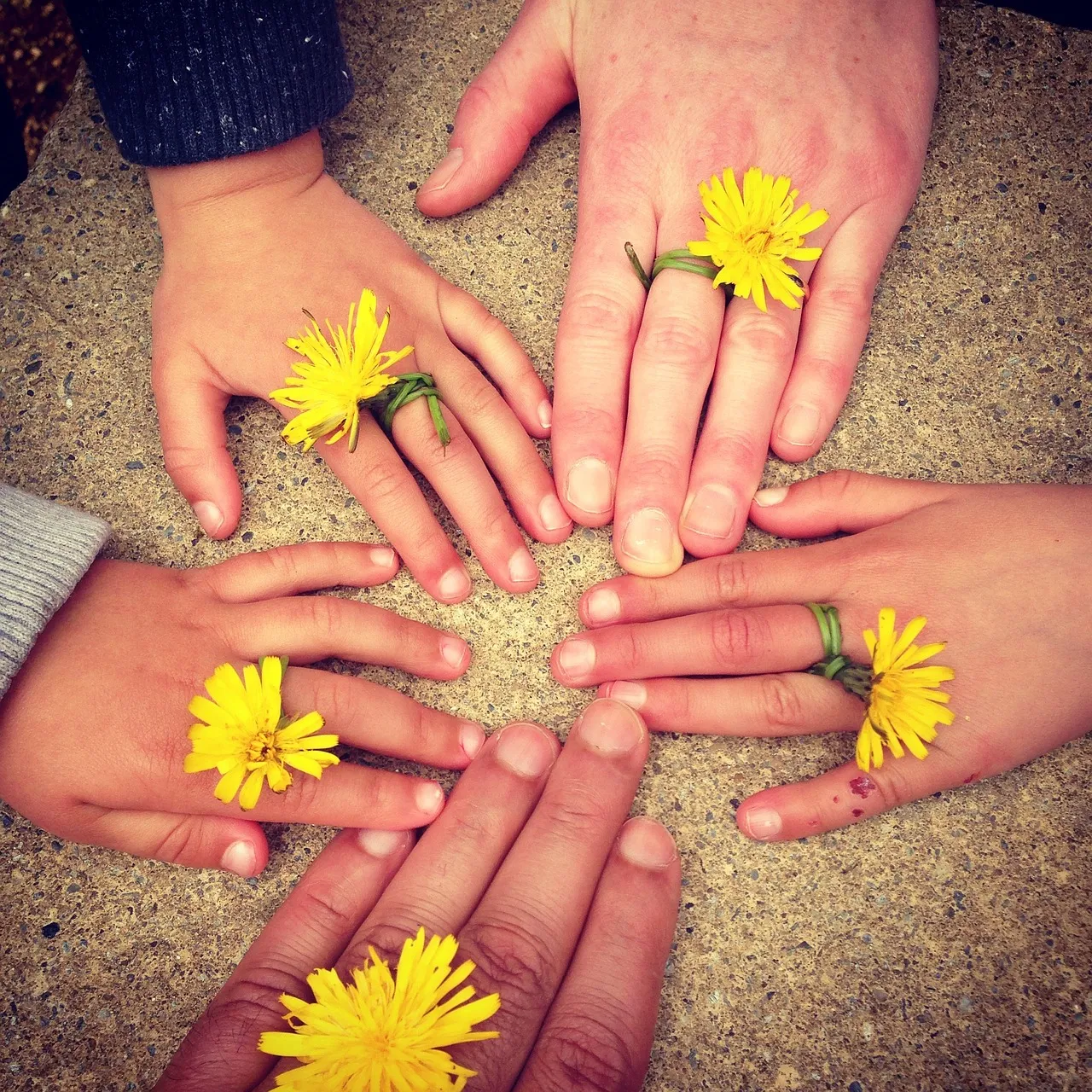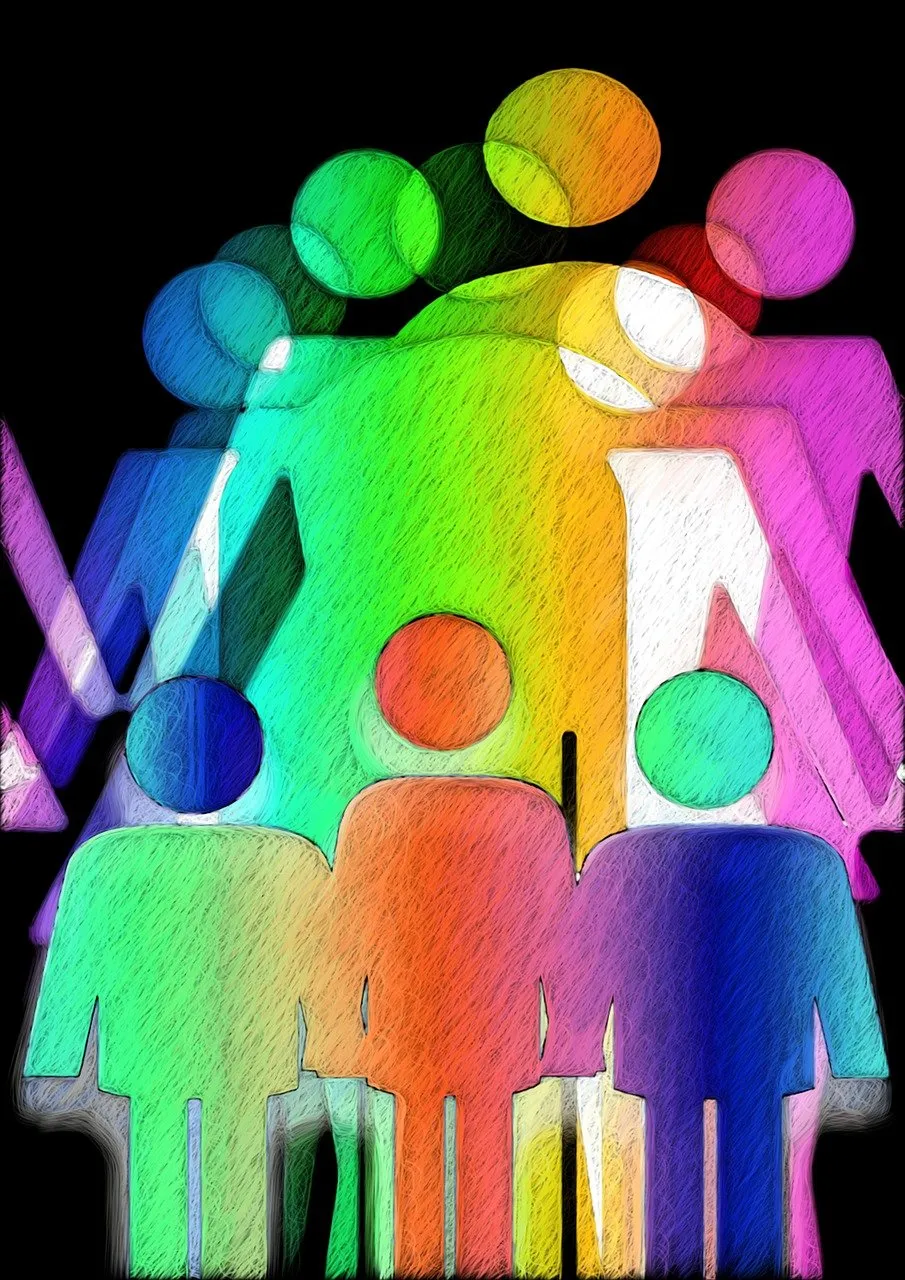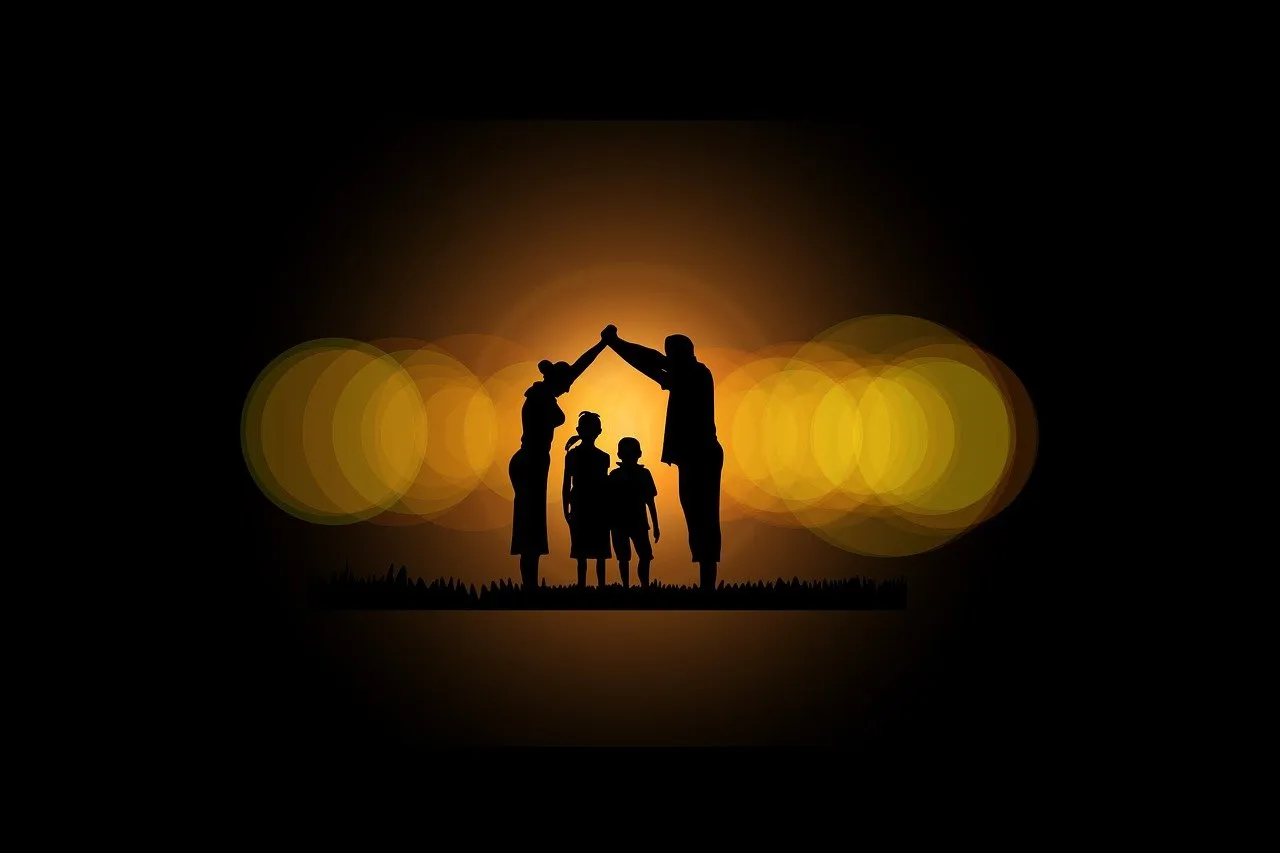Hola, comunidad de Hive, especialmente hoy saludo a esta comunidad de @family-friends. Tenía desde hace algún tiempo por escribir aquí y lo había postergado…bien, hoy es el día. En este texto voy a recrear ideas sobra la familia, partiendo de criterios sobre la educación en su seno y la llamada crisis de la familia del siglo que nos arropa.
A mi madre, mi primera maestra.
Con esta cita Fernando Savater inicia uno de los libros más sugerentes de este autor que he leído, por cuanto discurre en forma perspicaz y sin tregua las pautas primarias de amor vinculadas al proceso educativo que sostienen la niñez.
En un principio, el niño tiene como ámbito principal de vida, el hogar. Es un sitio donde se siente seguro, física y emocionalmente. Así mismo, es donde se experimentan los primeros límites que impone la autoridad, ejercida fundamentalmente por los padres y otras figuras principales de crianza.
En la familia los niños aprenden las pautas de autoayuda mientras se enfrentan las primeras acciones de independencia a nivel personal, lo que se señala como socialización primaria. Estos primeros aprendizajes se viven en el seno familiar marcados por la afectividad y el convencimiento; no por la vía de la obligación y el enfrentamiento.
Los hombres han nacido los unos para los otros; edúcales o padécelos.
Marco Aurelio.
La familia funciona como una la cúpula de protección para el niño, lo protege de factores externos que experimenta como adversos; pero cuando es en este nicho que se experimenta la amenaza, no tiene escapatoria. Está preso en el miedo y en la desesperanza, que general emociones y sentimientos que proyecta hacia el mundo, viéndolo también como un lugar hostil e inseguro.
Sabemos que muchas veces el niño se somete a estas vivencias por miedo a perder el amor, principalmente de los padres, y luego de las otras figuras claves de crianza, como abuelos, tíos y, tal vez, otros hermanos. Así mismo, este sentimiento de pérdida lo experimentará en la adultez declinando sus preferencias por satisfacer a otras personas, como jefes y parejas.
Una de las funciones fundamentales de la familia es infundir la confianza con el vínculo humano como forma de recrear esta relación con el orden de las situaciones que nos rodean, fundamentalmente con las personas que influencian las mismas. Los niños realmente felices son aquellos cuya base instintiva de crianza es el reconocimiento de la autoridad y los limites como una forma positiva de reconocer a lo demás como merecedores de respeto.
Sabemos que la familia es generadora de principios; pero también de prejuicios. Ambas vertientes forman parte su protagonismo social, incluyen, además, su mencionada crisis de autoridad. Los hechos que la sociedad engendra y avala, configurando un principio de formato social, donde se enrevesan facultades y competencias en un forraje artificial acrítico e hipnótico, que la aliena de su función primaria y como consecuencia, la despoja de su facultad de construir herramientas provechosas para sus miembros y su dinámica interna.
Creo en la familia como parte fundamental de la repuesta para la recuperación social y el fortalecimiento de la educación como proyecto de vida de las personas. Es una base donde se asienta y se sienta la autoridad, no ejercida a través de la coerción y el miedo a través de las figuras de autoridad; sino sembrando pautas de crecimiento redundando en el amor, la paz y el reconocimiento de las diferencias y las bondades de la convivencia, que unen.
En su esencia, la autoridad no consiste en mandar, etimológicamente la palabra proviene de un verbo latino que significa algo así como «ayudar a crecer».
Fernando Savater.
Gracias, por tu visita. Soy Sandra Cabrera, docente de dificultades para el aprendiaje, con estudios en educación epecial integral, planificación educativa y literatura infantil. Ha sido muy gratificante haber escrito para esta comunidad, porque proyecta el rescate de instituciones fundametales que ayudan a sostener el equilibrio y el orden social.

Traducción: con Google.
Hello Hive community, especially today I greet this @family-friends community. I had been meaning to write here for some time and had put it off...well, today is the day. In this text I am going to recreate ideas about the family, based on criteria about education within it and the so-called crisis of the family of the century that surrounds us.
To my mother, my first teacher.
With this quote, Fernando Savater begins one of the most suggestive books by this author that I have read, because it runs through in an insightful and relentless manner the primary patterns of love linked to the educational process that sustain childhood.

Initially, the child's main area of life is the home. It is a place where he feels safe, physically and emotionally. Likewise, it is where the first limits imposed by authority are experienced, fundamentally exercised by parents and other main parenting figures.
In the family, children learn the xxx of self-help while facing the first actions of independence on a personal level, which is designated as primary socialization. These first learnings are experienced within the family, marked by affection and conviction; not through obligation and confrontation.
Men are born for each other; educate them or suffer them.
Marcus Aurelius.
The family functions as a dome of protection for the child, protecting him from external factors that he experiences as adverse; but when it is in this niche that the threat is experienced, there is no escape. He is imprisoned in fear and hopelessness, which generates emotions and feelings that he projects towards the world, also seeing it as a hostile and unsafe place.
We know that many times the child undergoes these experiences for fear of losing love, mainly from parents, and then from other key parenting figures, such as grandparents, uncles and, perhaps, other siblings. Likewise, this feeling of loss will be experienced in adulthood, declining their preferences to satisfy other people, such as bosses and partners.
One of the fundamental functions of the family is to instill trust with the human bond as a way of recreating this relationship with the order of the situations that surround us, fundamentally with the people who influence them. Truly happy children are those whose instinctive parenting base is the recognition of authority and limits as a positive way of recognizing others as deserving of respect.
We know that the family is a generator of principles; but also prejudices. Both aspects are part of his social protagonism, and also include his aforementioned crisis of authority. The facts that society engenders and endorses, configuring a principle of social format, where faculties and competencies are convoluted in an uncritical and hypnotic artificial fodder, which alienates it from its primary function and, as a consequence, strips it of its ability to construct useful tools. for its members and its internal dynamics.
I believe in the family as a fundamental part of the response to social recovery and the strengthening of education as a people's life project. It is a foundation where authority is settled and felt, not exercised through coercion and fear through authority figures; but sowing patterns of growth resulting in love, peace and the recognition of differences and the benefits of coexistence, which unite.
In its essence, authority does not consist of commanding, etymologically the word comes from a Latin verb that means something like "help grow."
Fernando Savater.
Thank you for your visit. I am Sandra Cabrera, a teacher of learning difficulties, with studies in comprehensive special education, educational planning and children's literature. It has been very gratifying to have written for this community, because it projects the rescue of fundamental institutions that help maintain balance and social order.

Translation: with Google.



